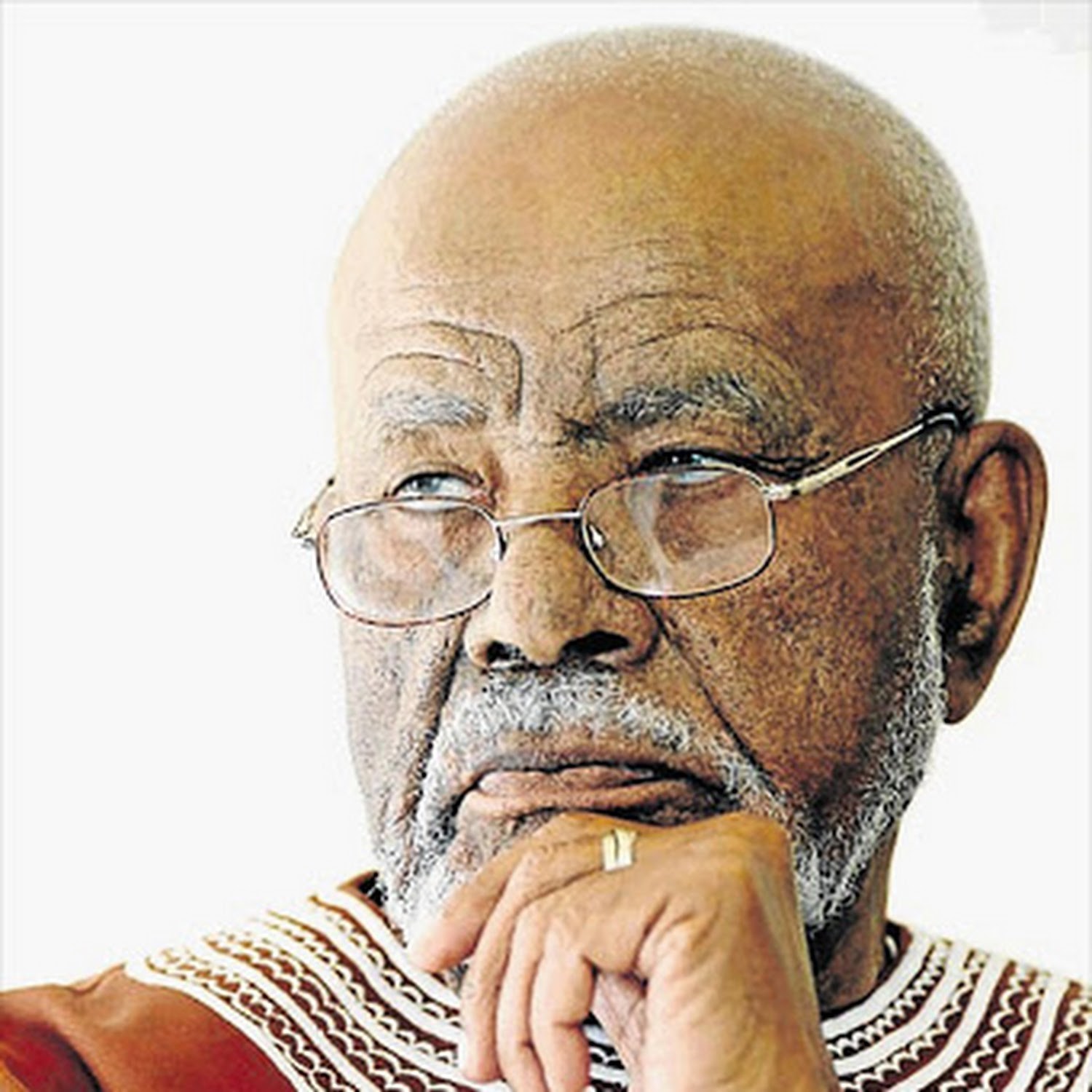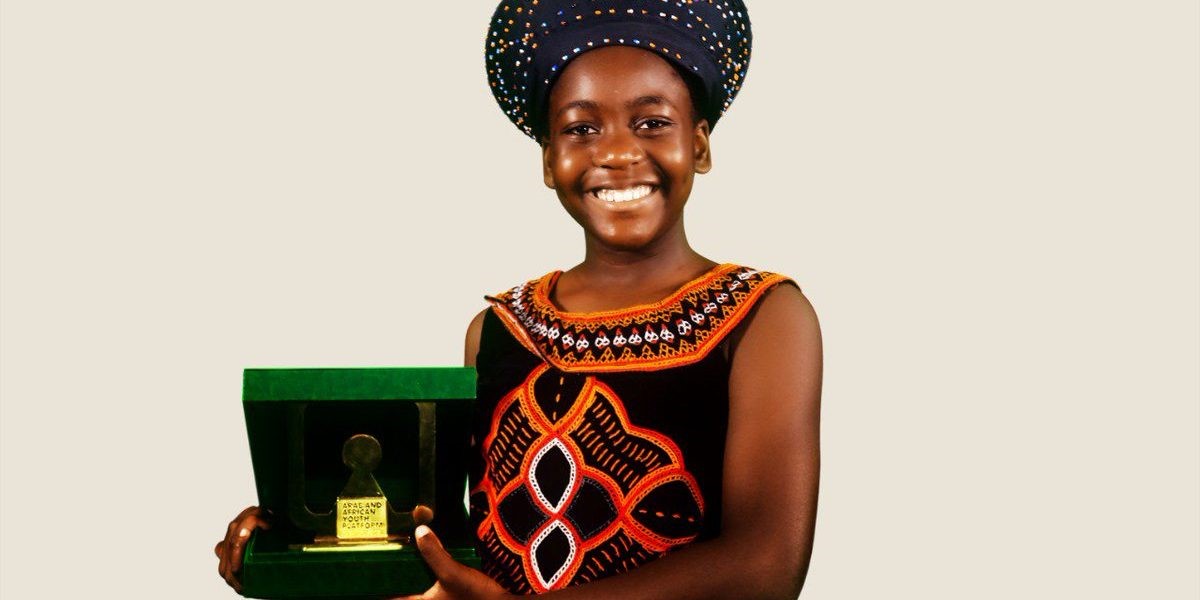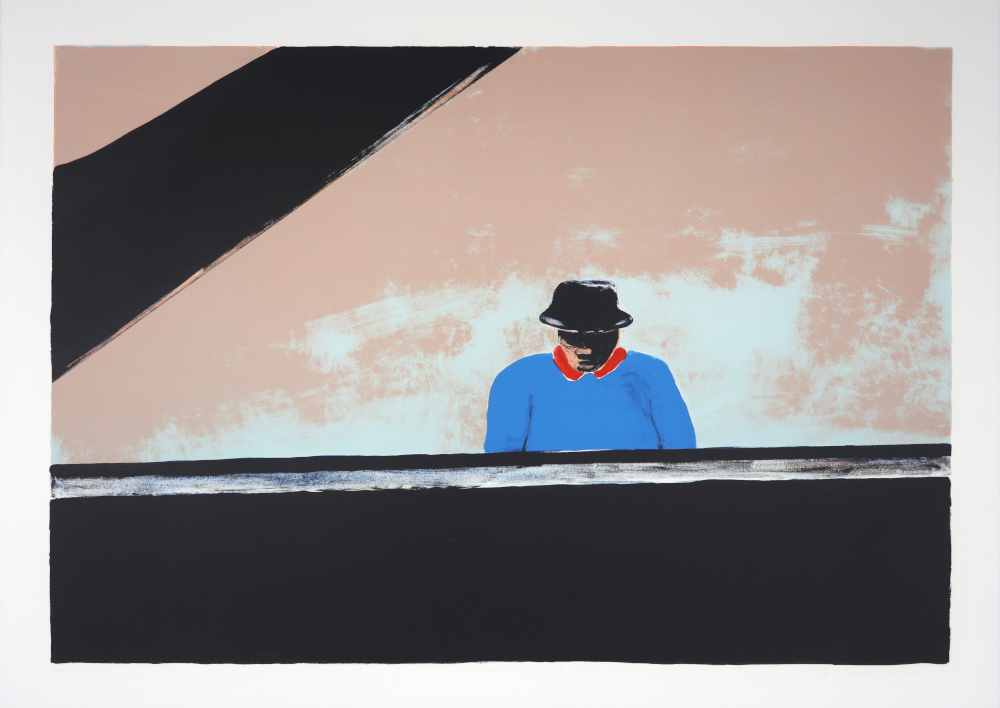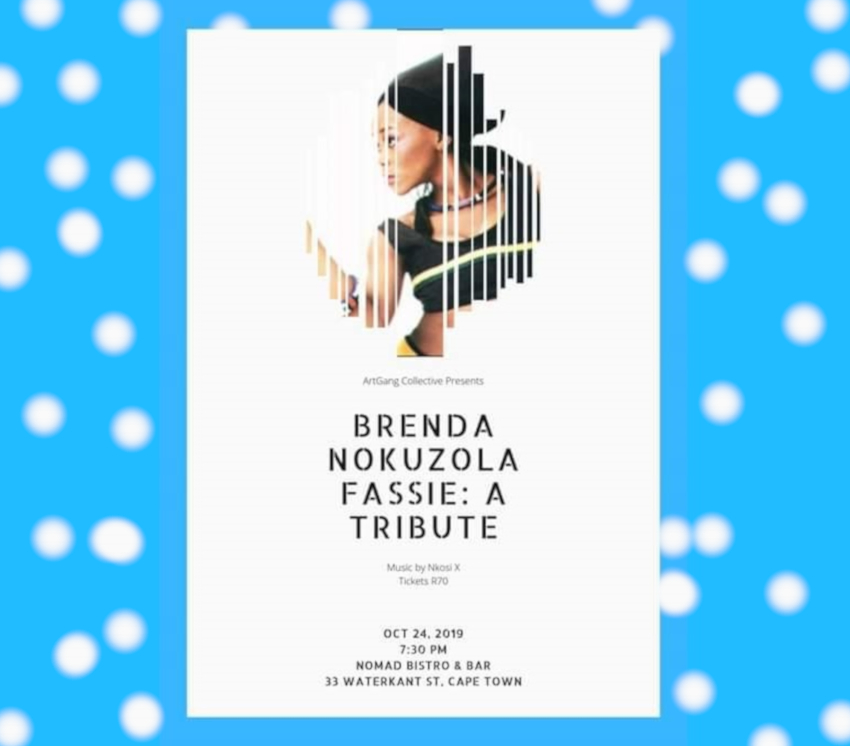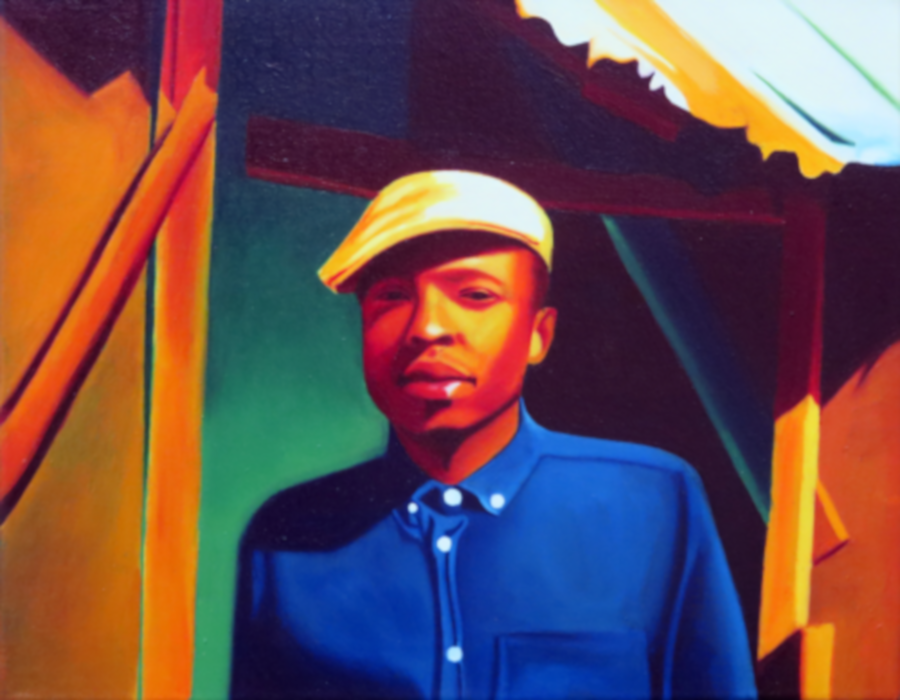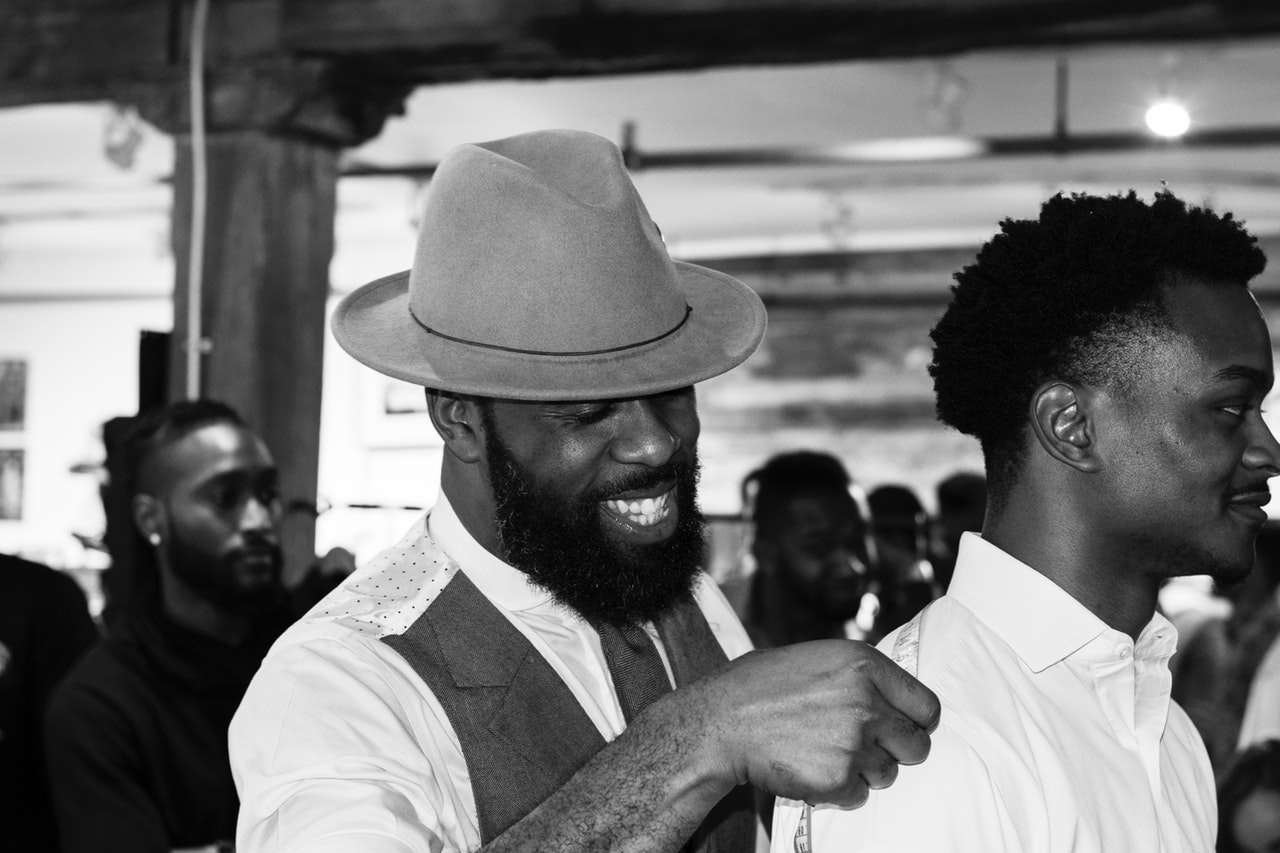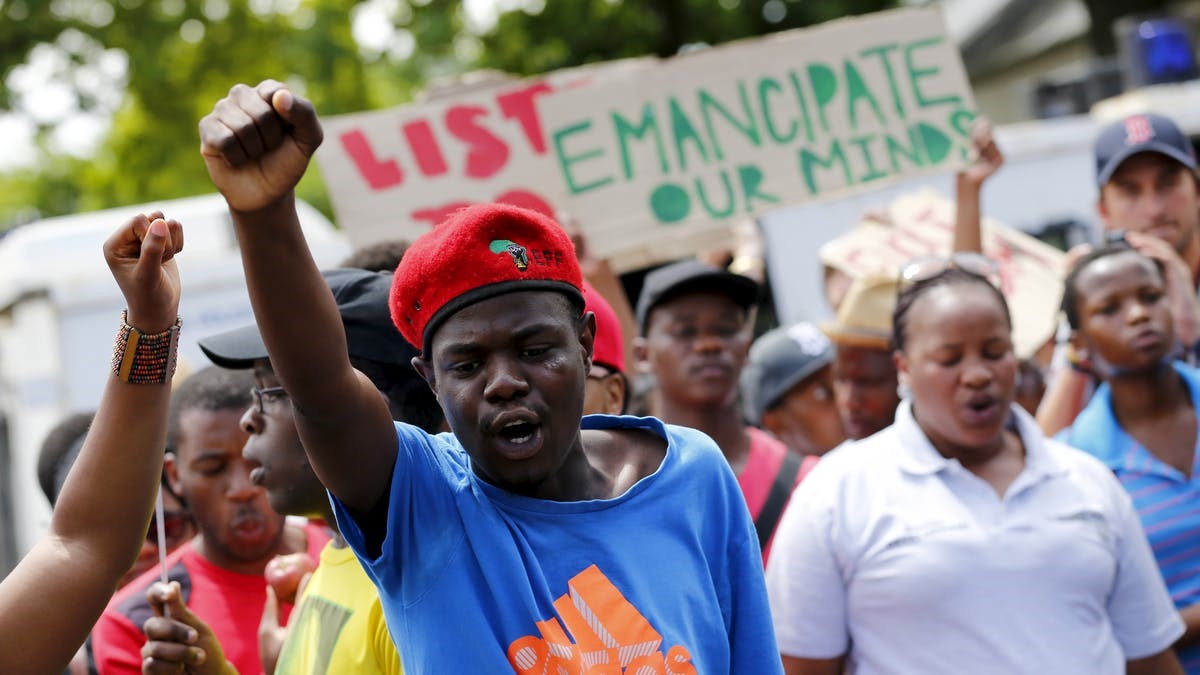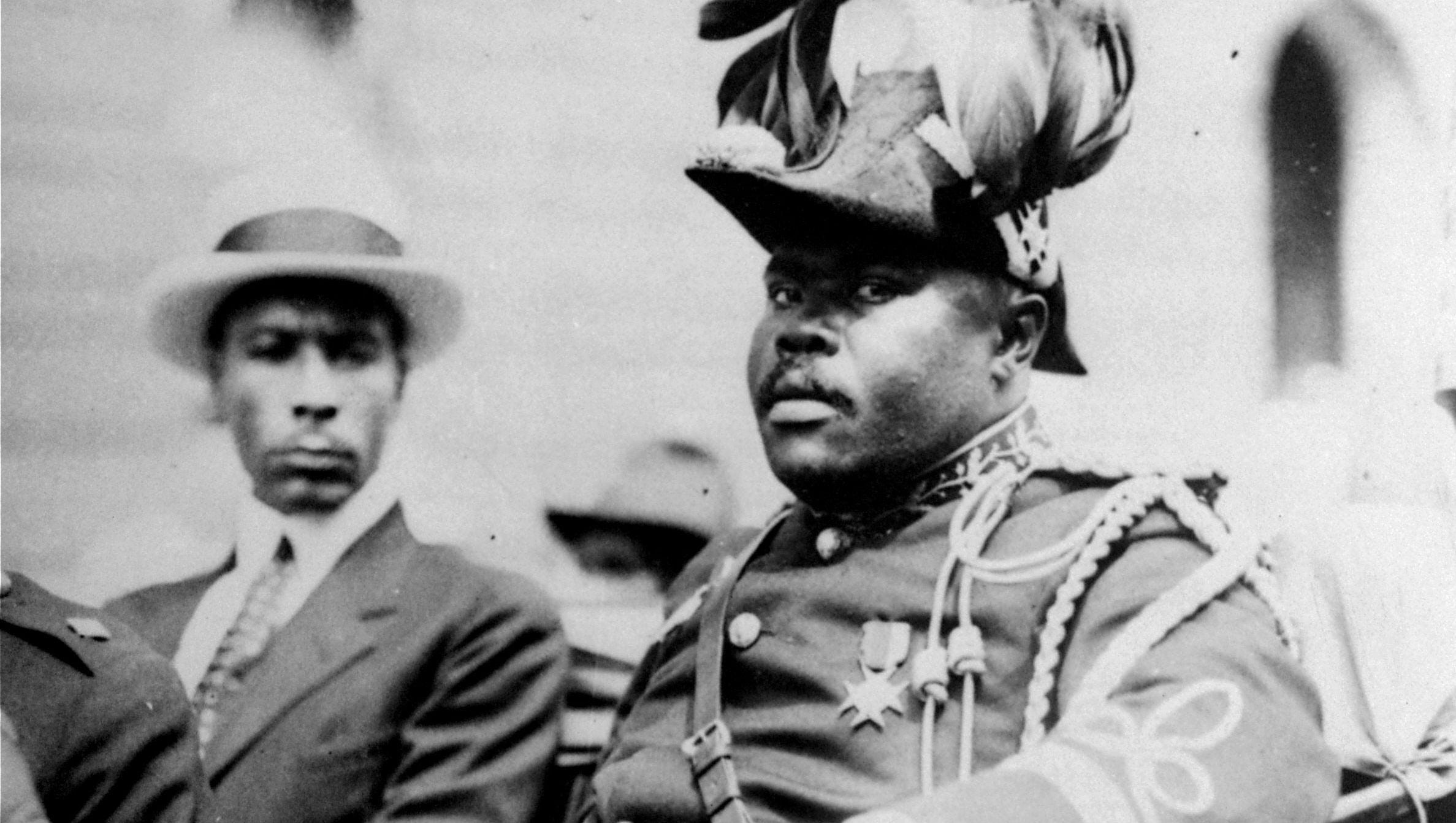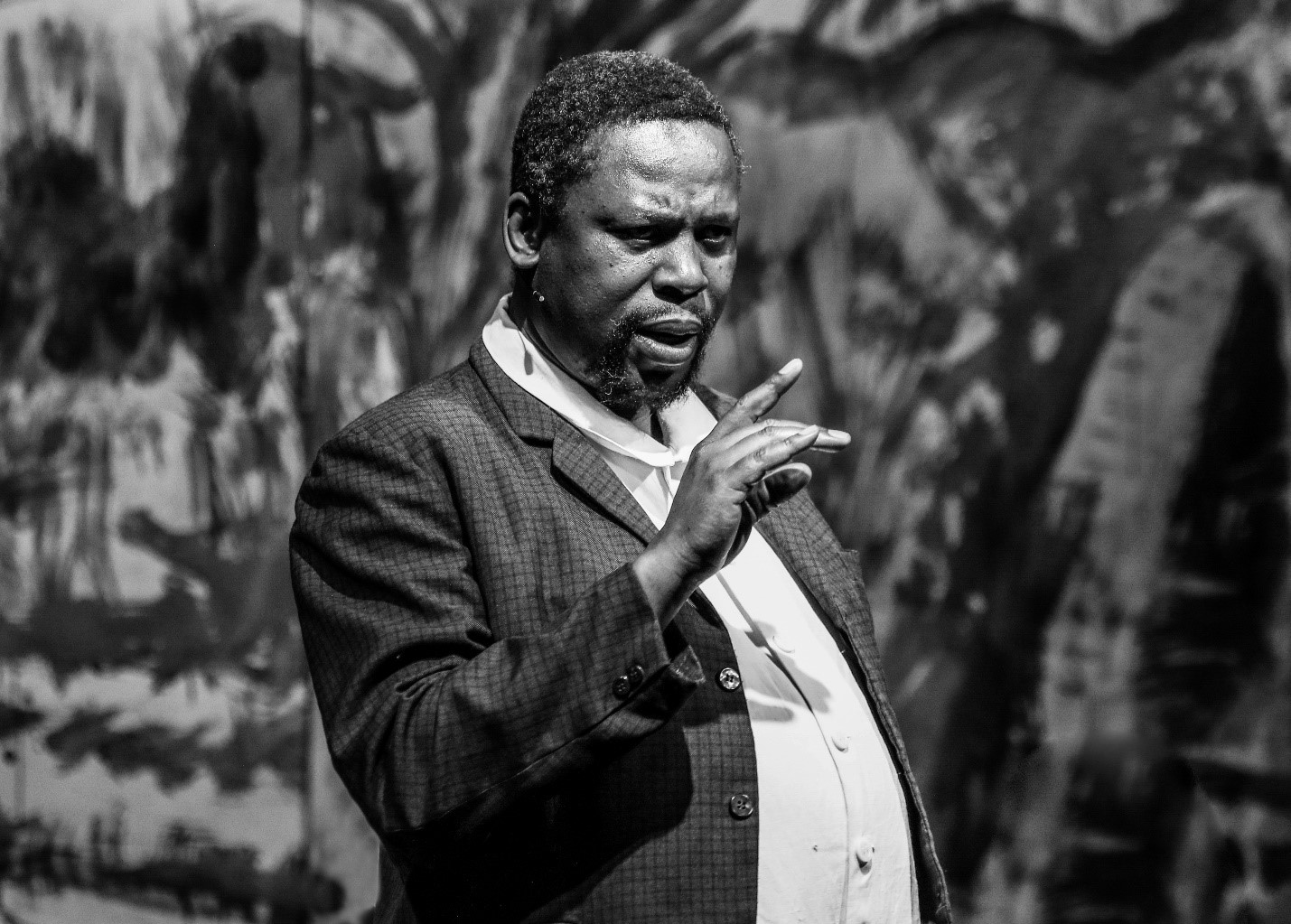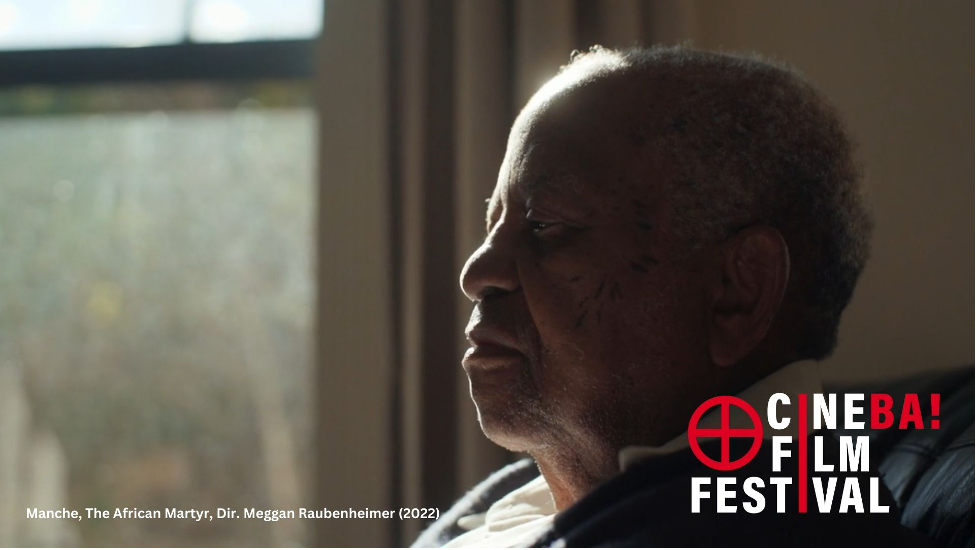Es’kia Letobe ‘Mazwi’ Mphahlele was an iconic South African author, educationalist and philosopher, who was born on 17th December 1919, in what Paulo Freire would have called a favela: Marabastad, Pretoria. His totem is Kgaga (Armadillo) hence reference to Mokgaga and Phuthi (Duiker). As the eldest grandson of Stephen Moloi (who acted as ‘Jack’ in Todd Matshikiza’s musical play King Kong, which toured London in 1961), this means that together with Mokgaga’s childhood playmate and neighbor (simply called ‘Moloi’ in his autobiography Down 2nd Avenue, we share the totem of Phuthi. Wednesday 27th of October 2021, marked the thirteenth anniversary of Mokgaga’s death in 2008. Some may ask, Es’kia who? Mokgaga’s non-familiarity to many South Africans may be an accurate indictment on the deficient status quo of the National Department of Sports, Arts and Culture (DASC), and both National Departments of Education (DOE), Basic Education (DBE) and Higher Education and Training (DHET).
Mokgaga’s obscurity sadly persists under the watch of his one-time political home, the African National Congress (ANC). Mokgaga was one of the ANC’s pioneering intellectuals, as witness Clause 8 of the Freedom Charter of 1955: “The doors of learning shall be opened to all.” Pitifully, the ANC-led government has become notorious for kleptocracy, nepotism and crass corruption, as part of its litany of abuses. Constant headlines expose its relentless looting of the state’s coffers, benefiting only the new political elite alongside their cronies. I am hesitant to speak to sages but just this once, I will sanguinely bite the bullet. What follows is my open letter to Mokgaga.
Mokgaga, I undertake this monologue, as part of our ensuing epistemic relationship. The final week of October 2021, symbolically included the day you sadly transitioned in Lebowakgomo. It was disconcertingly my non-existent budget, while a Masters (MA) candidate at Stellenbosch University, which caused my absence at your funeral. Regardless of your lifetime of accolades, you had emphasized your request for a modest funeral. I remain enthralled by your humility. My perseverance, seven years later, ensured my eventual arrival at your home. The occasion was, miserably, your son Dichaba Robert (Chabi) Mphahlele’s funeral, on 6th June 2015. Given the nature of that mournful occasion, my memory of that trip can be described as ambivalent. Although I was elated to have arrived at your home, I was just as saddened by the circumstances which led me there. It was surreal how on that night, I slept on the living room couch, next to Dichaba who lay (inside his sealed coffin) in the middle of the lounge. At dawn I was introduced to your surviving Mokgaga family and friends. Among those I interviewed, included Reverend Pedro-Nehru Raboroko and your lastborn son, Puso Leslie Mphahlele (with his distinct American accent) as well as your doting longtime neighbor, Mme Catherine Shirley Maimele.
Mokgaga, although we share the totem of Phuthi, we never met. That fateful detail did not deter my pedagogic research pertaining to your oeuvre. I am part of the myriad of iitinerant literati who never physically met you but engage your works nonetheless. My interest in your work dates back to the early 2000’s. It was ignited after having read your ‘words of wisdom’, themed as part of the Afrikan Affirmations series, in The Mercury Newspaper, back in 2003/4. At the time I was an undergraduate student at Zululand University (Ongoye). It was quite a eureka moment to later learn, during the course of my doctoral research, while interviewing businessman Mike Stainbank (in January 2015), that Afrikan Affirmations was his brainchild, conceptualized as a product linked with The ES’KIA INSTITUTE. The latter’s motto is self-explanatory: “Inspired by the Life and work of Professor Mphahlele”. Disappointingly, socio-political dynamics have persisted, which have affected the institute’s funding, consequently stagnating its further prospects.
Mokgaga my enduring research of your insights proudly persists to date, both on your primary and mature works. The latter commences from your debut book Man Must Live and Other Stories (1947), until your final book Mandela: Echoes of an Era (1990) respectively. As for your contribution to philosophy, I locate your ideas under the Afrocentric theme of ‘African Humanism’. The latter addresses overcoming our ‘split personality as colonized black subjects’. Eversince your mentorship under Norah Taylor, you have insightfully argued for an ‘integrated self’. You are a self-declared, unapologetic ‘integrationist’ and advanced your essays on ‘African Humanism and Culture’, dating back from The Fabric of African Culture and Religious Beliefs (1971) until Africa in Exile (2000).
Mokgaga let’s conclude with a brief update. The literary journal Wordsetc, which published your final interview, with journalist Madala Thepa in 2008, unfortunately folded. On 25th August 2010, at its Polokwane Campus, the University of South Africa (UNISA) introduced an annual memorial lecture in your name. Your second biographer, Chabani Manganyi co-edited Bury Me at the Marketplace (2010). Penguin Publishers republished your book, In Corner B [1967] in 2010, again in 2011 (your mentee Peter Thuynsma wrote the introduction of this edition) and in 2018.Your co-edited Seasons Come to Pass [2004], was republished in 2012. Your adopted daughter Mmatshilo Motsei released Reweaving the Soul of the Nation (2017) and dedicated it to you. Your centenary year of passing, 2019, was busy; among others, three colloquia were hosted at University of the Witwatersrand (WITS), and artists Zakes Mda and Khehla Chepape Makgatho contributed towards an exhibition at Polokwane Museum. Mobogo More’s book Looking Through Philosophy in Black (2019), reflected your relevance in Philosophy. Ali Hlongwane acknowledges you in his book, The Lion of Azania (2021). Jaki Seroke features you in Zwelethu: Our Land (2021). Tragically, your brainchild, Funda Community College, continues operating but it is in very dire straits.
Mokgaga wa Mmakubela… mabjoko a letile, tsena o re fahlolose. Badimo ba le roballe.

